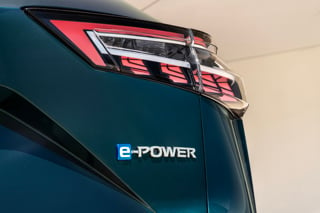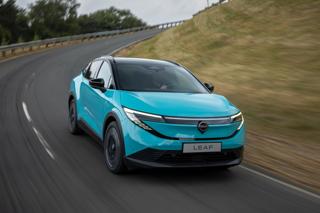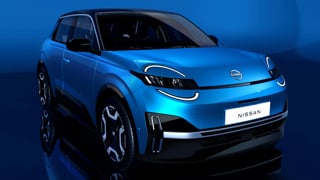Nissan and Jaguar Land Rover (JLR) are taking advantage of a £38.2 million Government fund to reduce the structural weight of their vehicles by up to 60%. Structural weight accounts for 15-20% of a vehicle’s gross weight.
The pair will receive £1.7m to research new ‘light-join’ technology, using techniques developed for Formula One cars and space satellites, to make their cars weigh less and be more efficient.
The results could reduce the weight of components in vehicles like the Nissan Leaf by more than half, potentially extending the distance from its current potential maximum range of 155 miles to nearly 200 miles.
Both manufacturers are part of a consortium which is using vehicle components made from composites, integrated into the right places in the vehicle to reduce weight while still maintaining strength.
Light-join’s objectives include developing joining technology which could enable weight reductions of 30% compared to an all-aluminium alloy structure, and 60% compared to an all-steel structure.
A spokesman for JLR said the intention is for the technology to be used on all vehicle types if testing is successful, rather than just on hybrids and electric vehicles (EVs).
Working prototypes are expected by 2018 and could feature in passenger cars by 2020.
Nissan’s Intelligent Driving System (IDS) concept, which hints at what could be the next-generation Leaf, has an estimated range of 340 miles and could be a future model to benefit from the weight saving technology.
The light-join consortium comprises nine companies: JLR, Nissan UK, Gestamp, Stadco, Scott Bader, Granta Design, TWI, Far UK and WMG.
Testing activities on the new technologies will include safety checks through crash simulations and measurement of engine noise and vibration.
The latter will help the programme to minimise the amount of damping materials required to ensure a smooth ride, and enable further weight reduction.
JLR said light-join will also help the brand to meet future targets for EU fleet average CO2 emissions.
“Light-join is the latest example of our approach. In other programmes we’re optimising the internal combustion engine, producing advanced hybrid and battery-electric propulsion systems, and introducing more new, lightweight materials,” said a JLR spokesman.
“We are on a very positive trajectory to reduce vehicle emissions and improve fuel economy through more efficient and downsized engines and alternative powertrains, lighter vehicles and improved vehicle energy conservation.”
JLR will introduce new EV technologies into future models and is already trialling future alternative powertrains for road vehicles in its Formula E electric racing vehicles.
The spokesman continued: “The investment in Formula E will push the boundaries of electrification technology and provides a real-world, fast-track test bed for future JLR electrification technology, transferring technology from track to road.”
JLR already has a hybrid version of its luxury Range Rover and is expected to expand its range of alternatively fuelled vehicles, including all-electric models, as well as plug-in hybrid versions of the XE and XJ.
The car manufacturers are part of 130-strong consortium of companies that have won a share of the £38.2m, announced in the recent budget, which is intended to make the UK a global leader in exporting emission-cutting technology.
Transport minister Andrew Jones said: “Our investment will help Britain become a world leader in this exciting and valuable technology sector, creating skilled jobs of the future as part of our long-term economic plan.
“It will also mean lower running costs for motorists and less fuel consumption, which is good for the environment and our economy.”
The £38.2m is part of the Government’s wider £600m commitment until 2020 to support the uptake of ultra-low emission vehicles.
The winning projects were chosen following a competition that was launched last September (2015), which encouraged companies to propose innovative ideas to cut vehicle emissions.
The funding combines £30m from the Office for Low Emission Vehicles (OLEV) with £8.2m of additional funding from Innovate UK, who will support the schemes.





















Login to comment
Comments
No comments have been made yet.